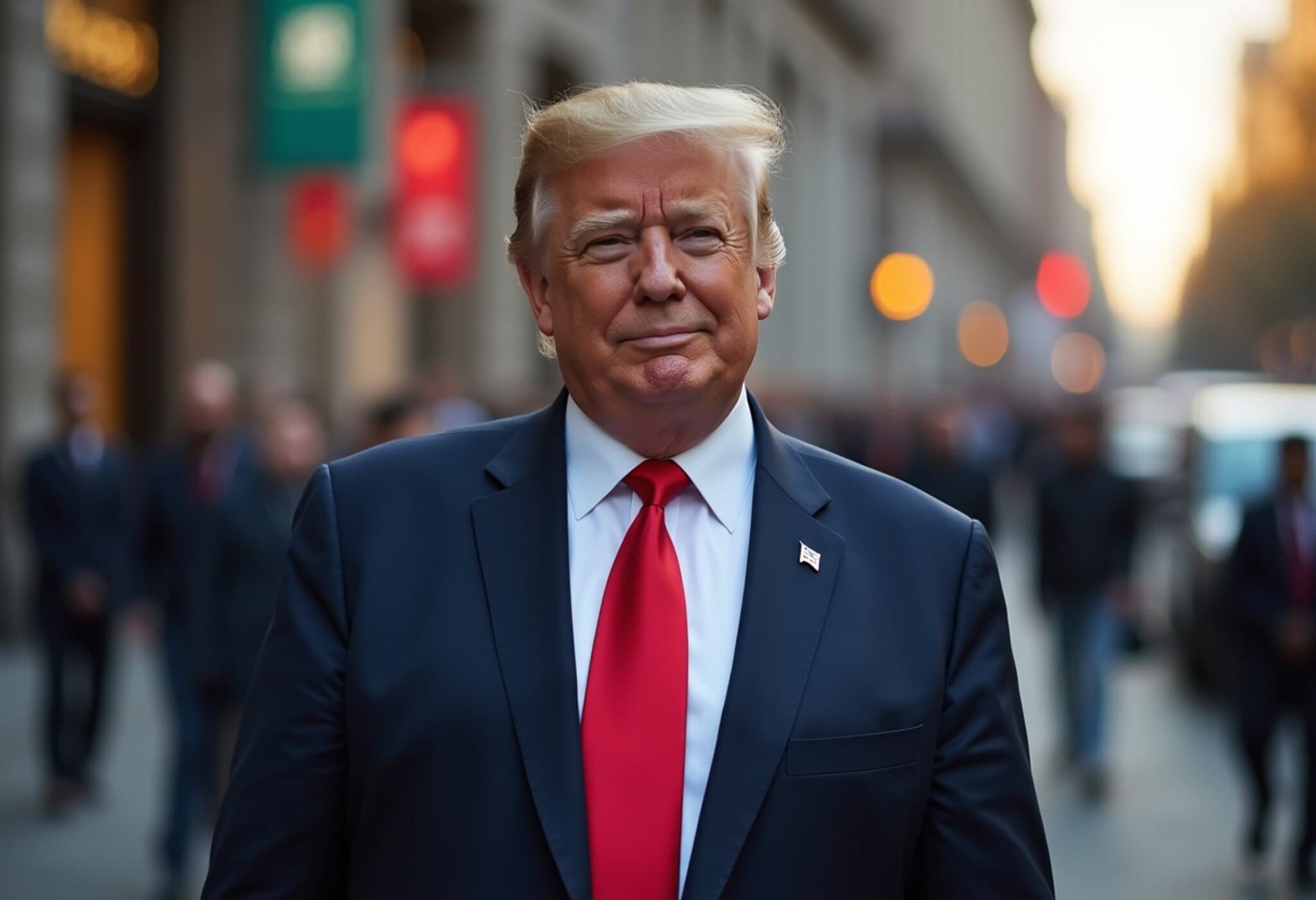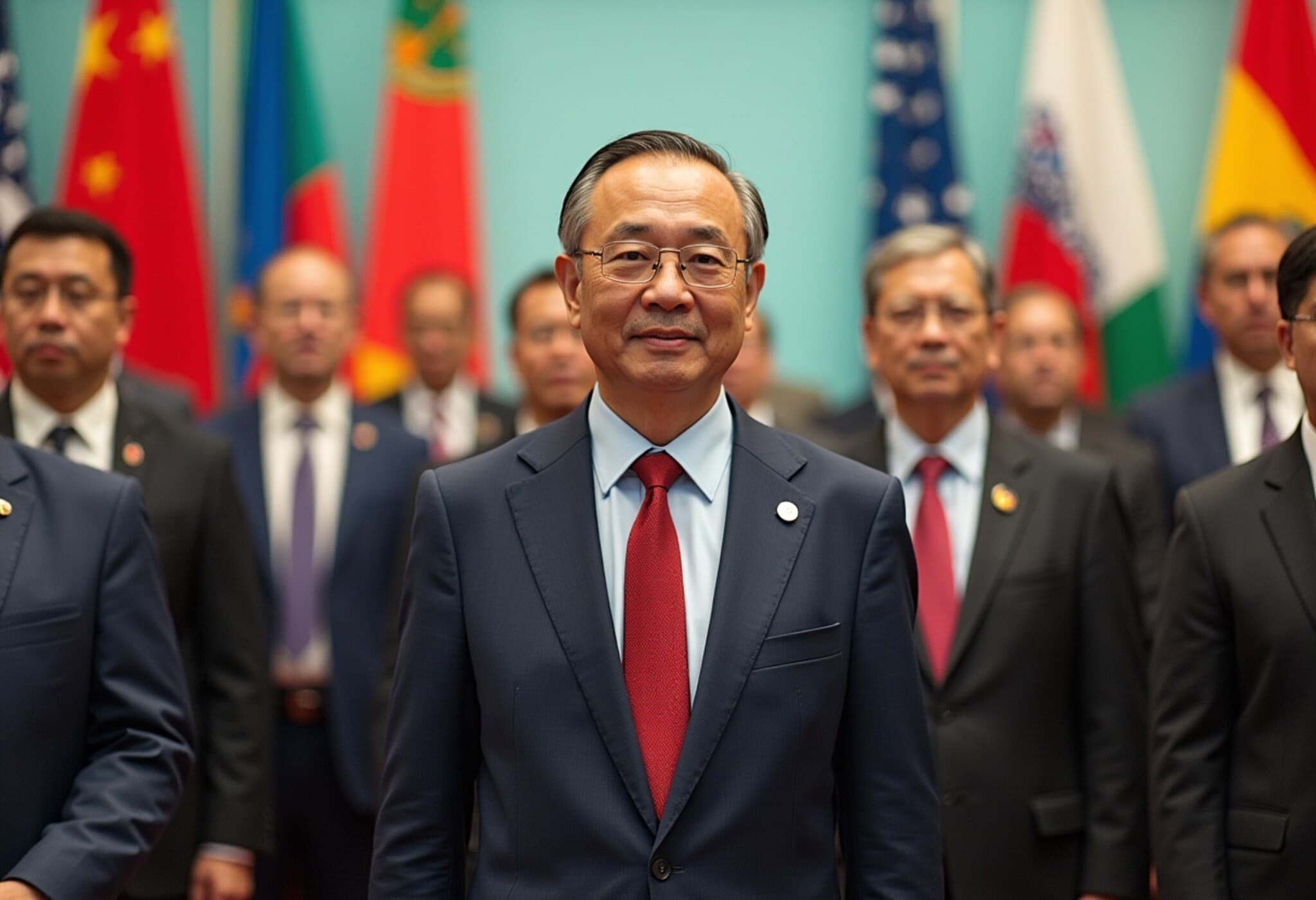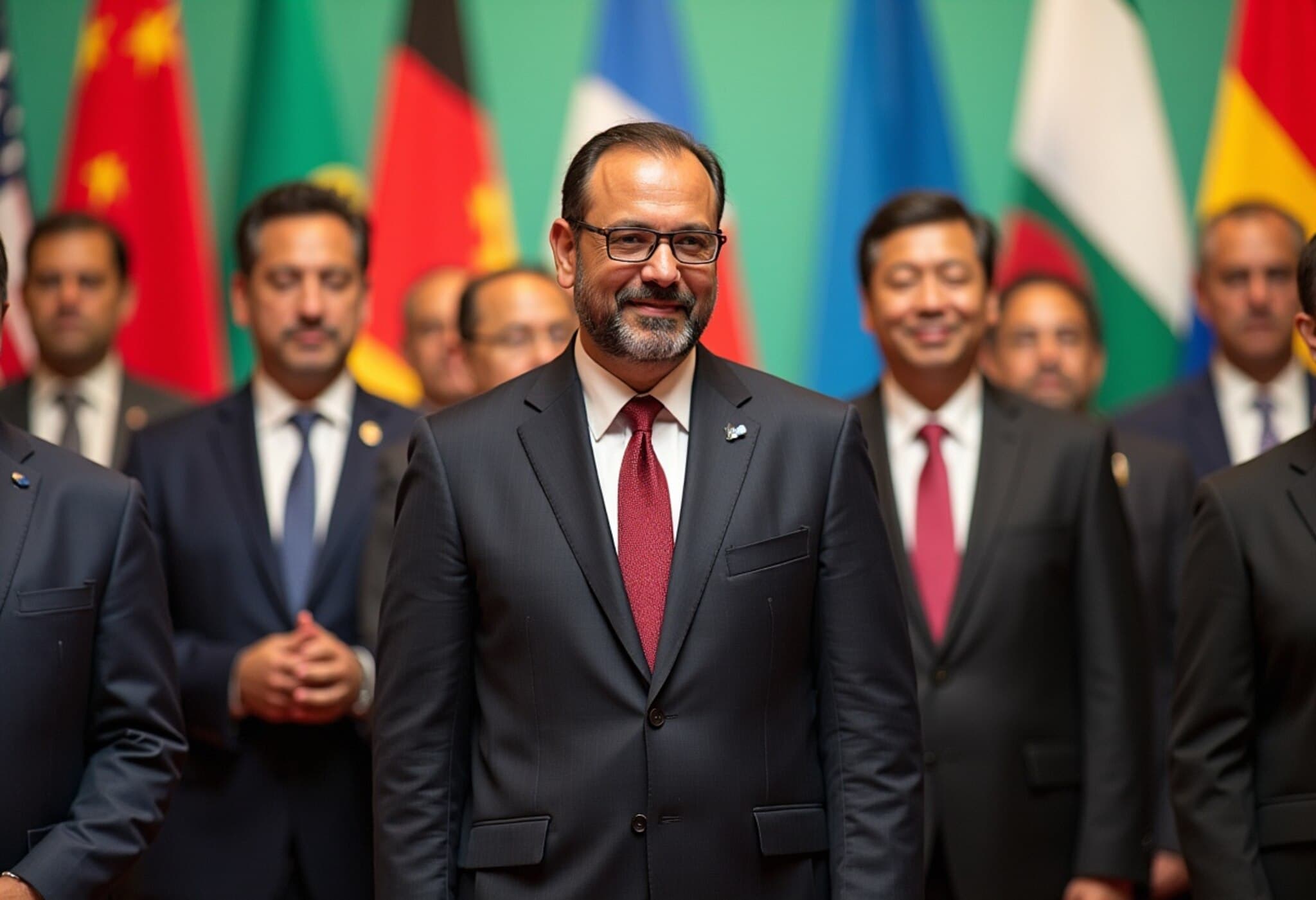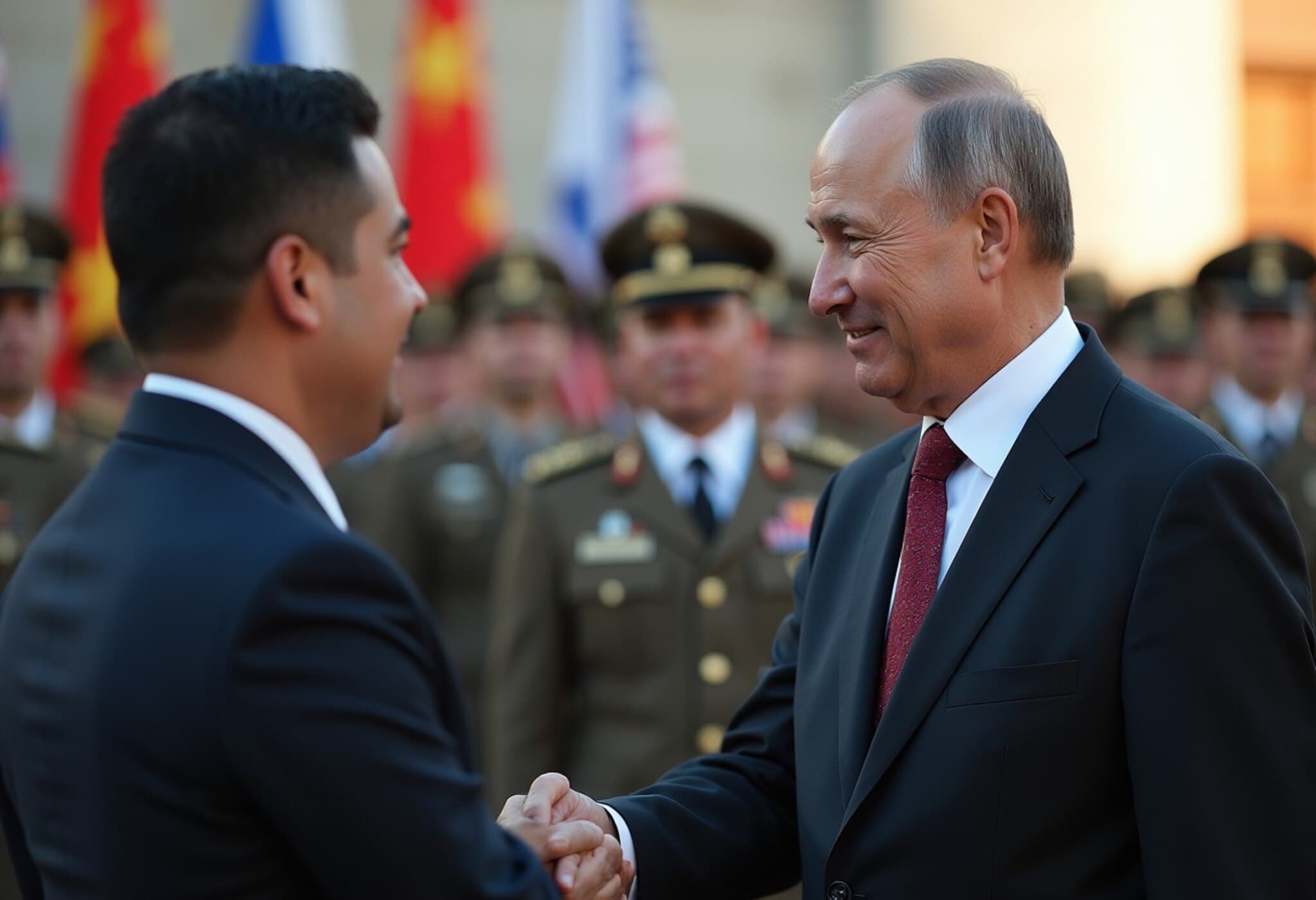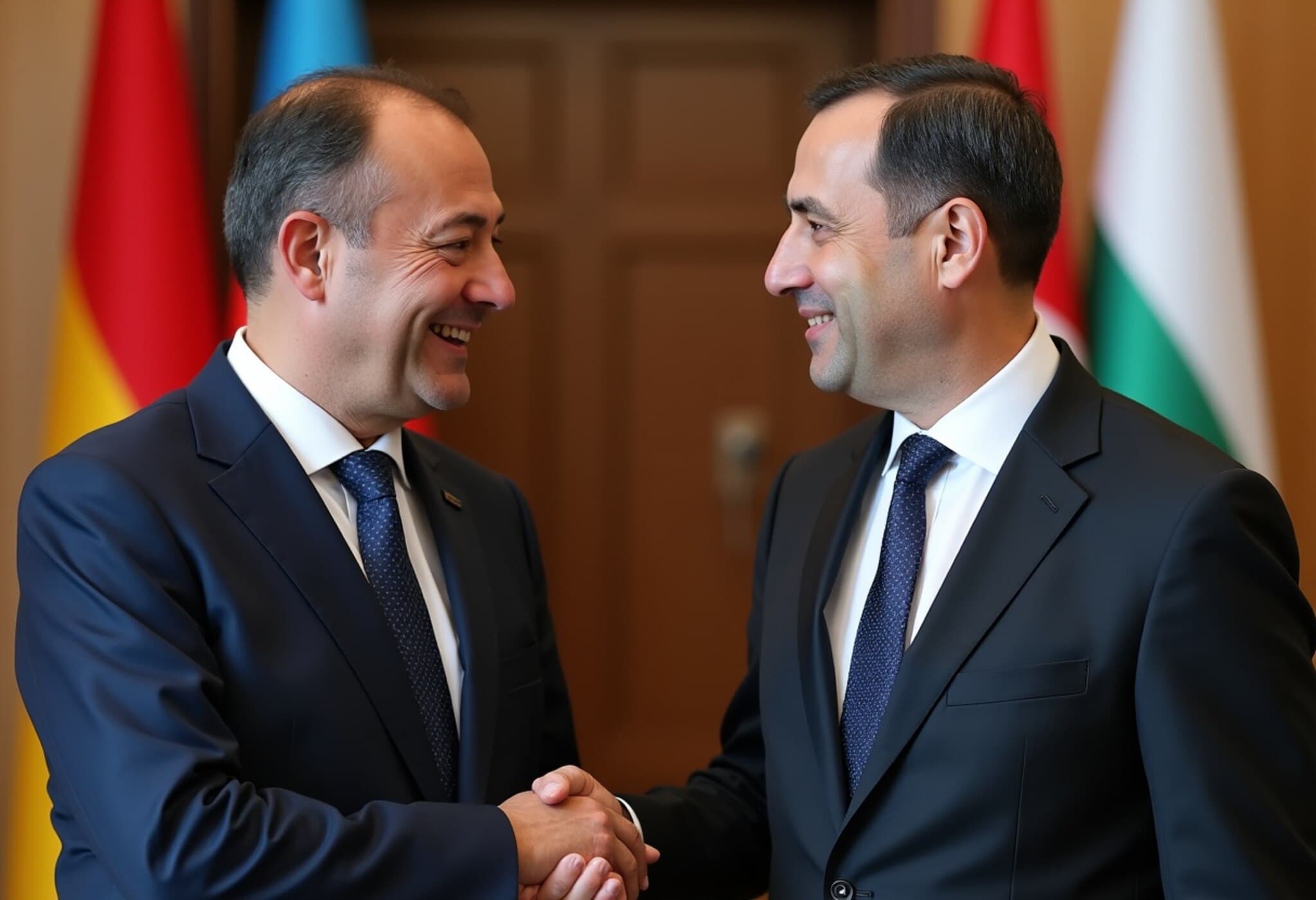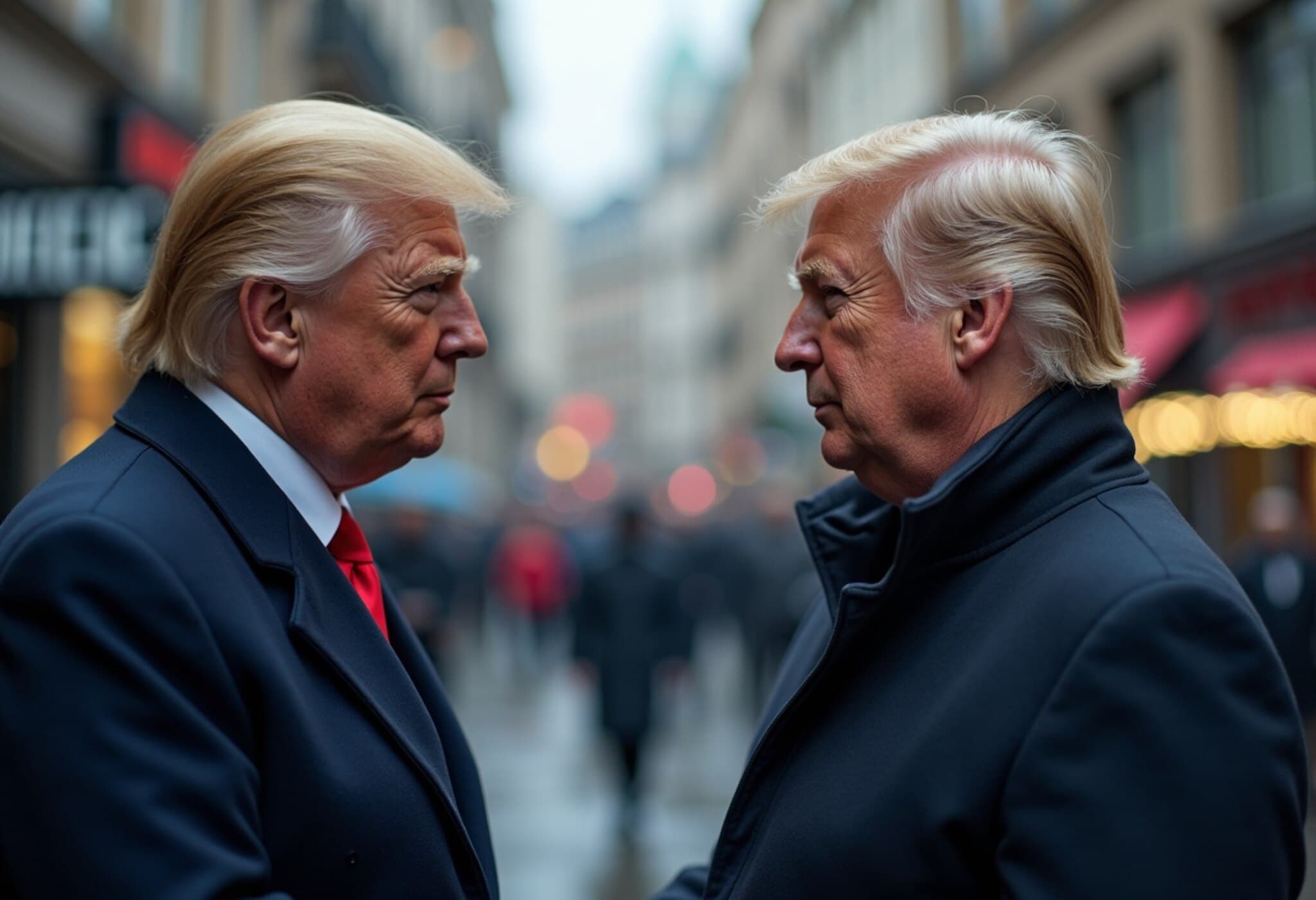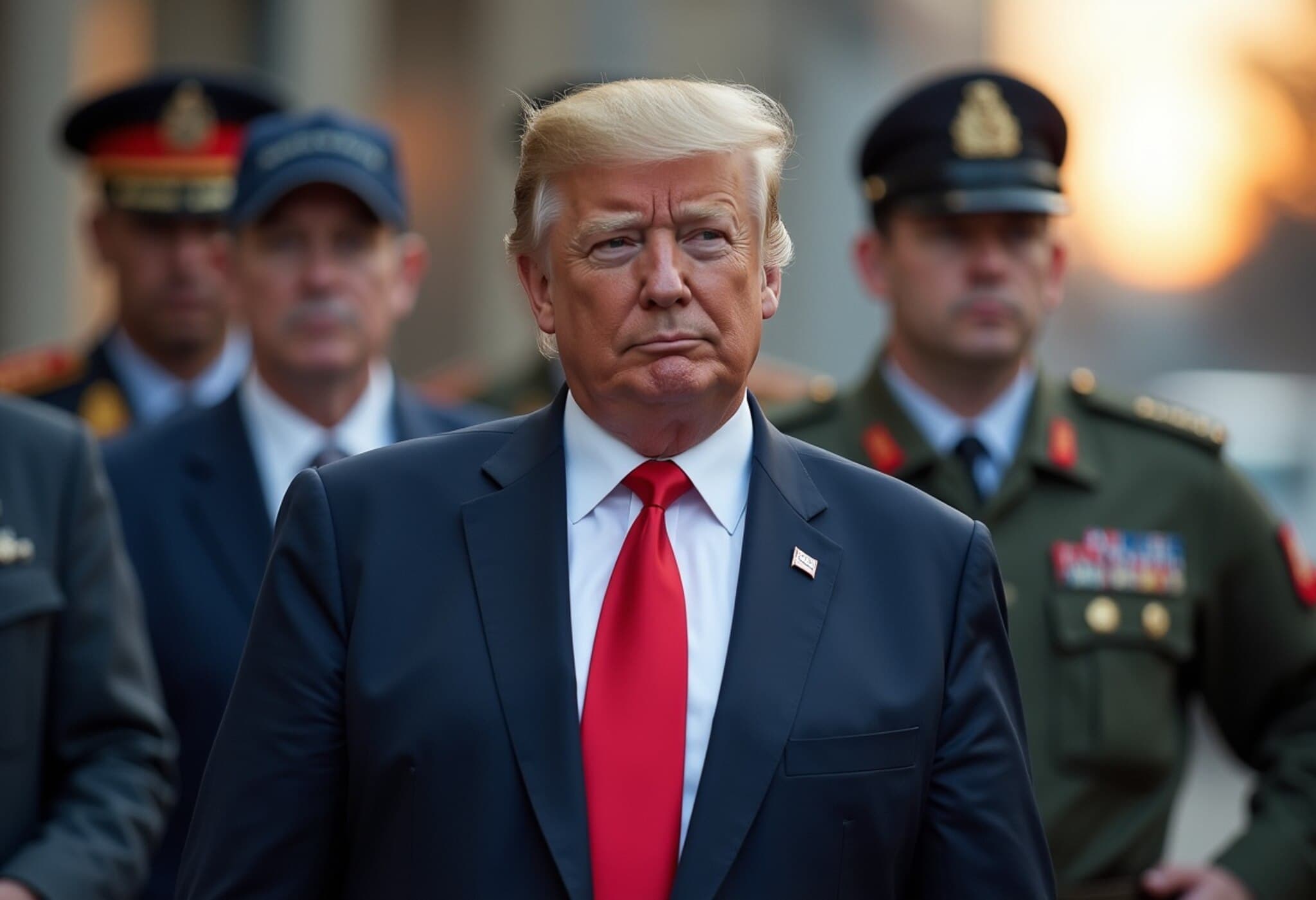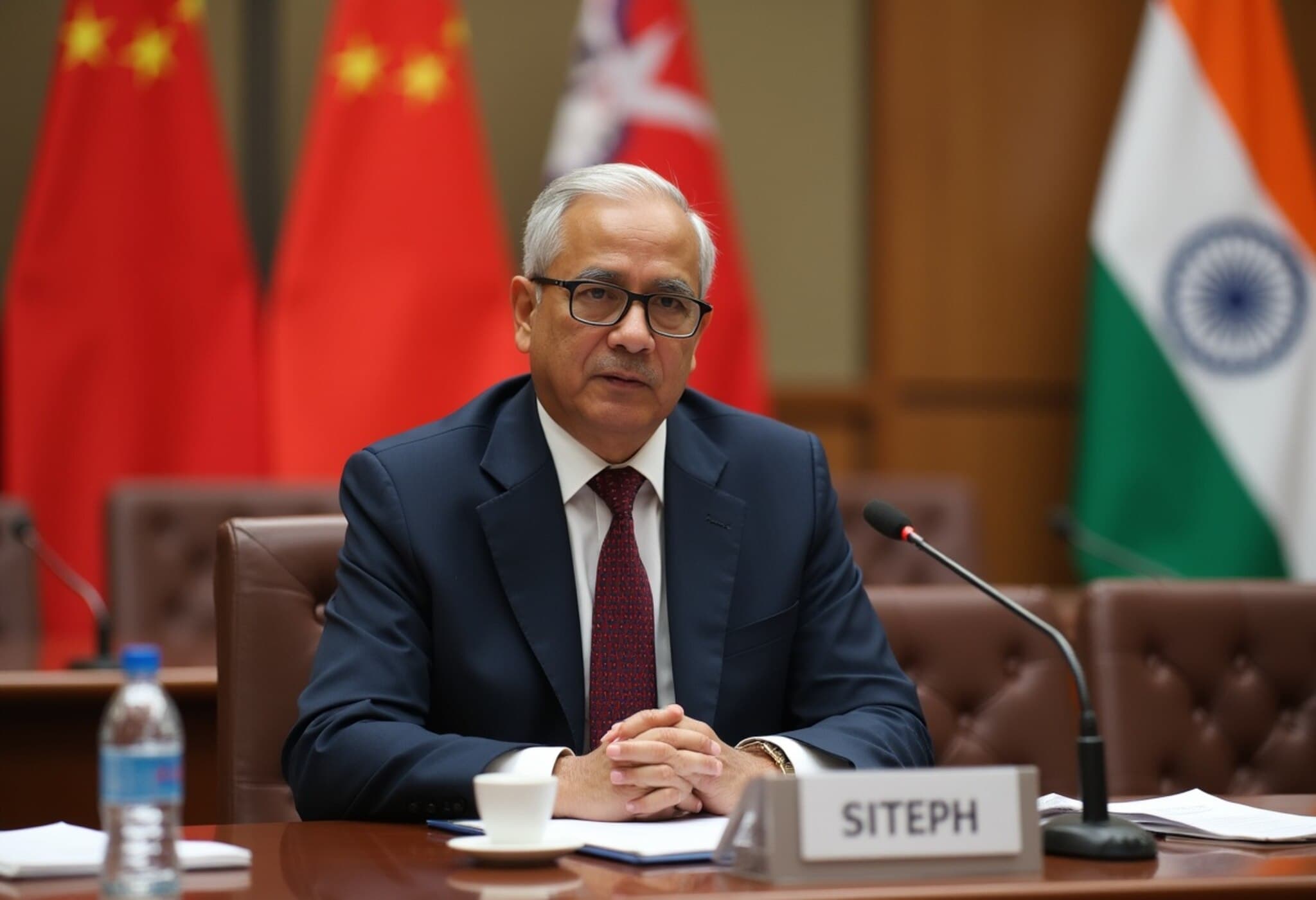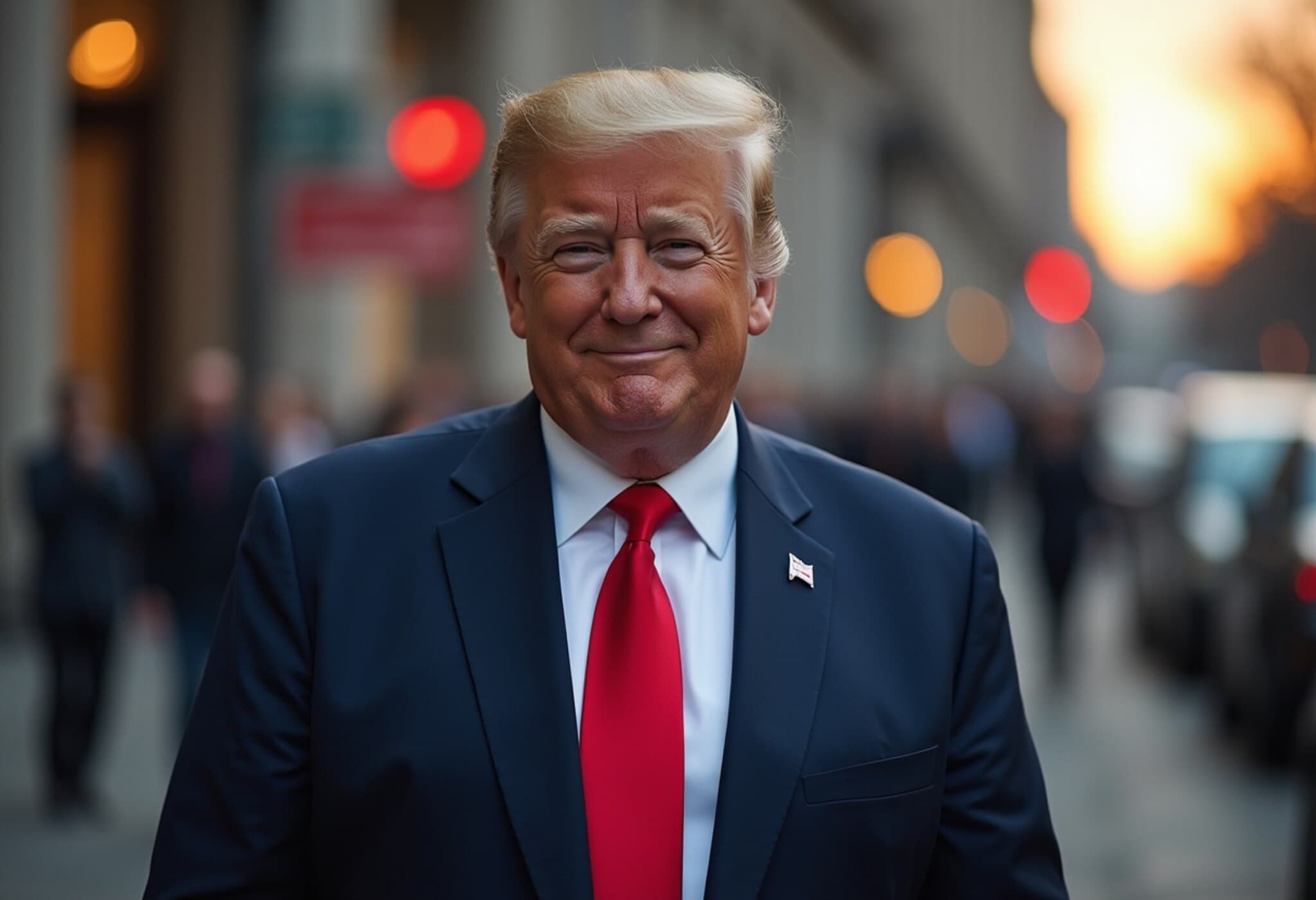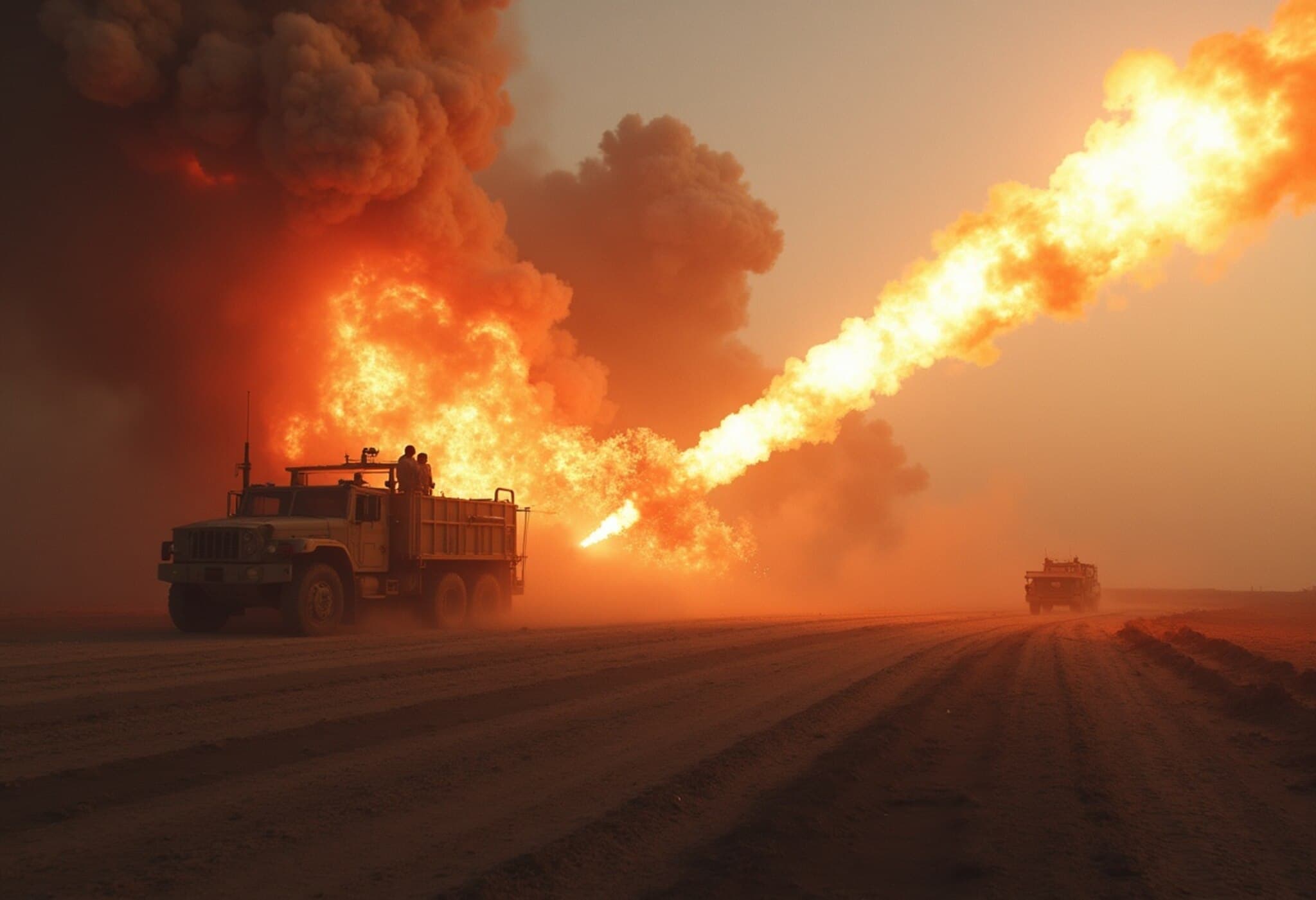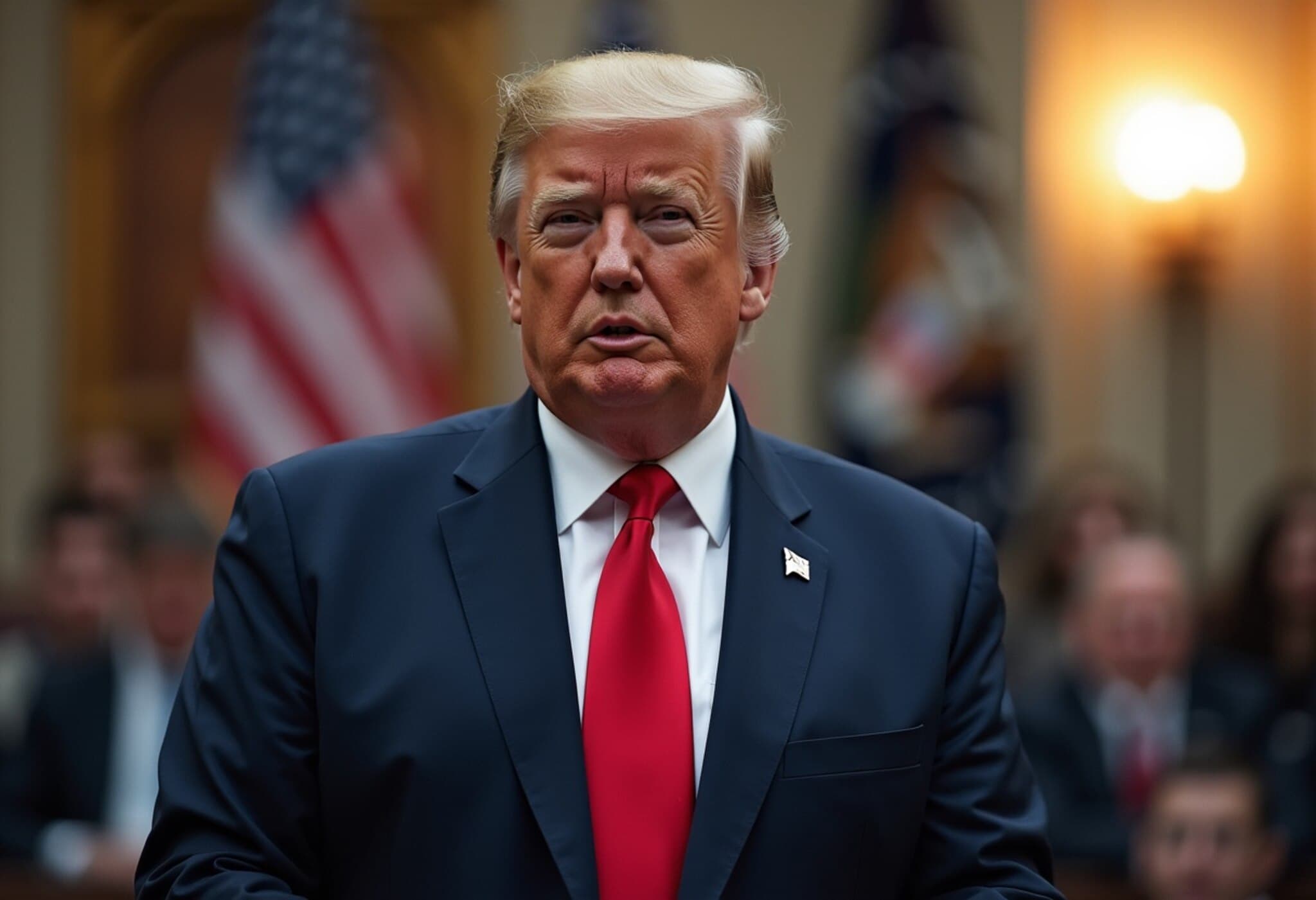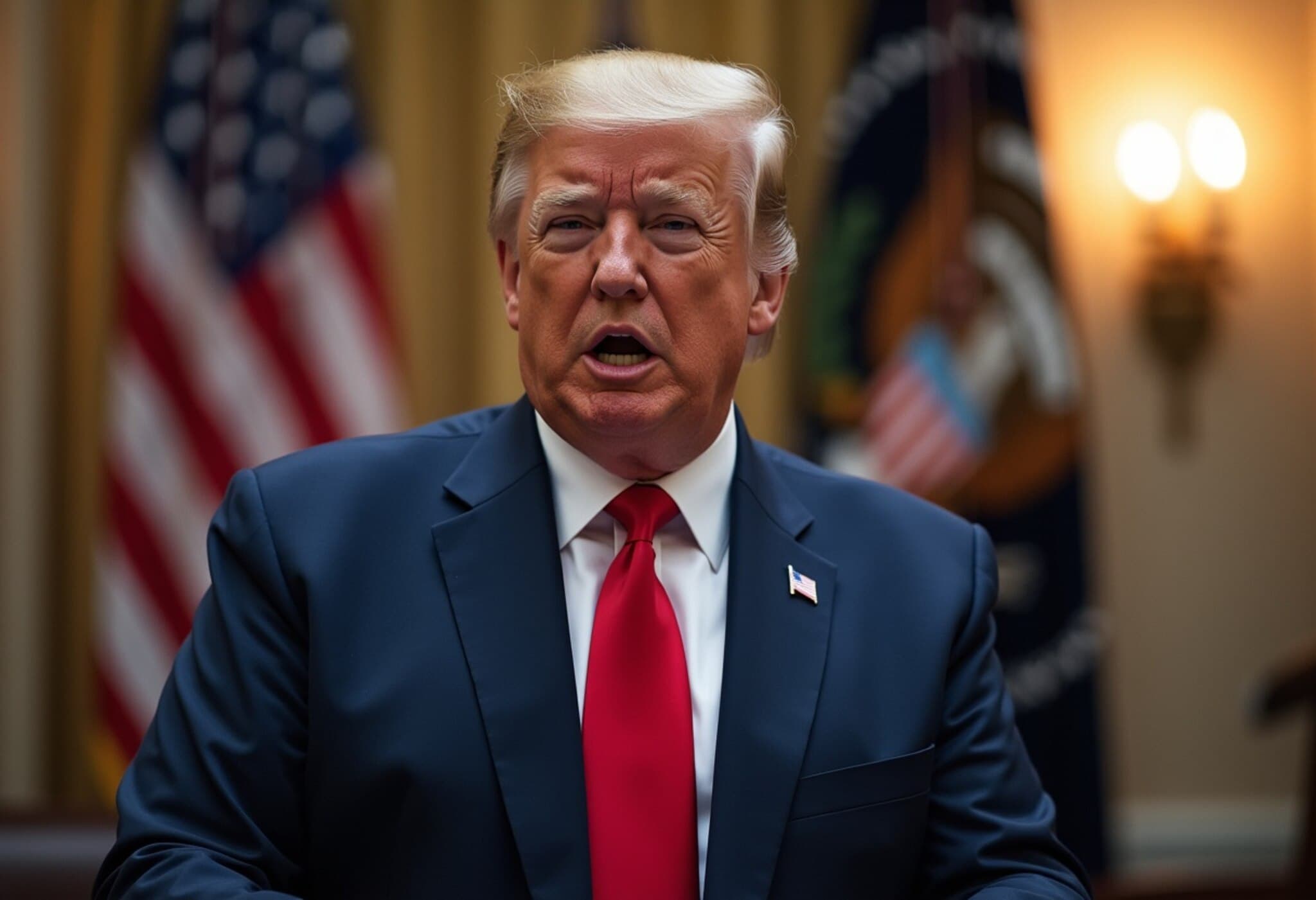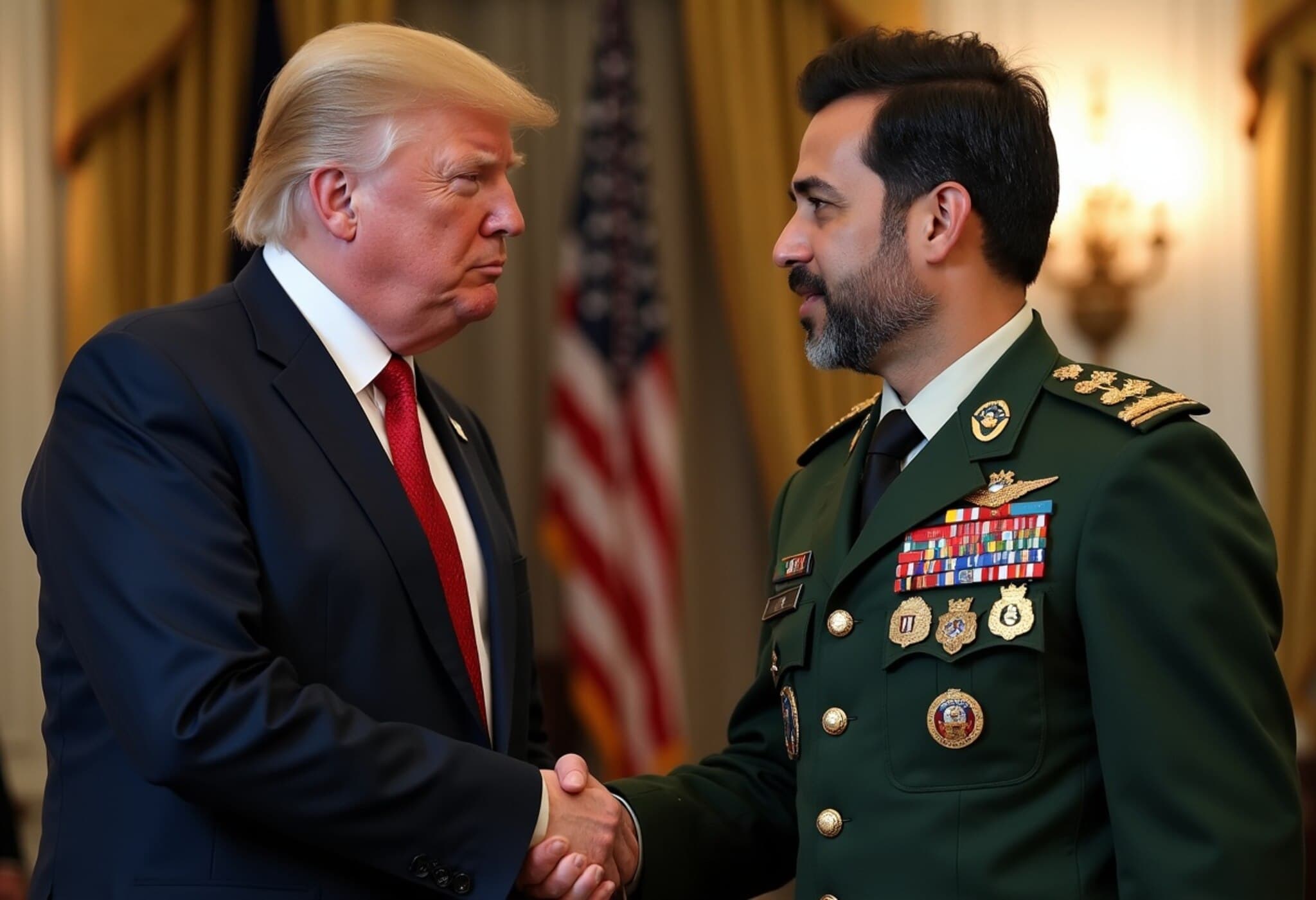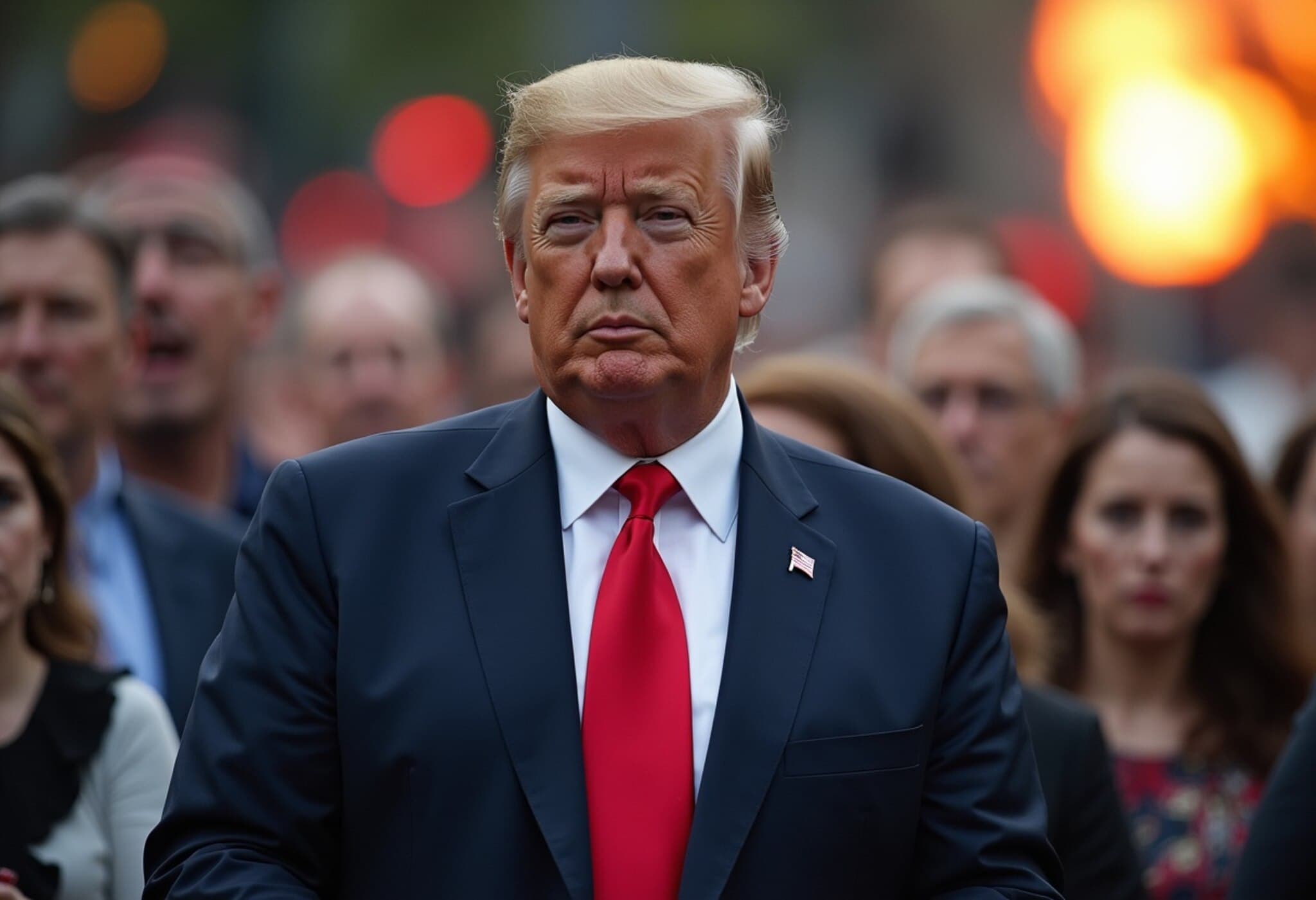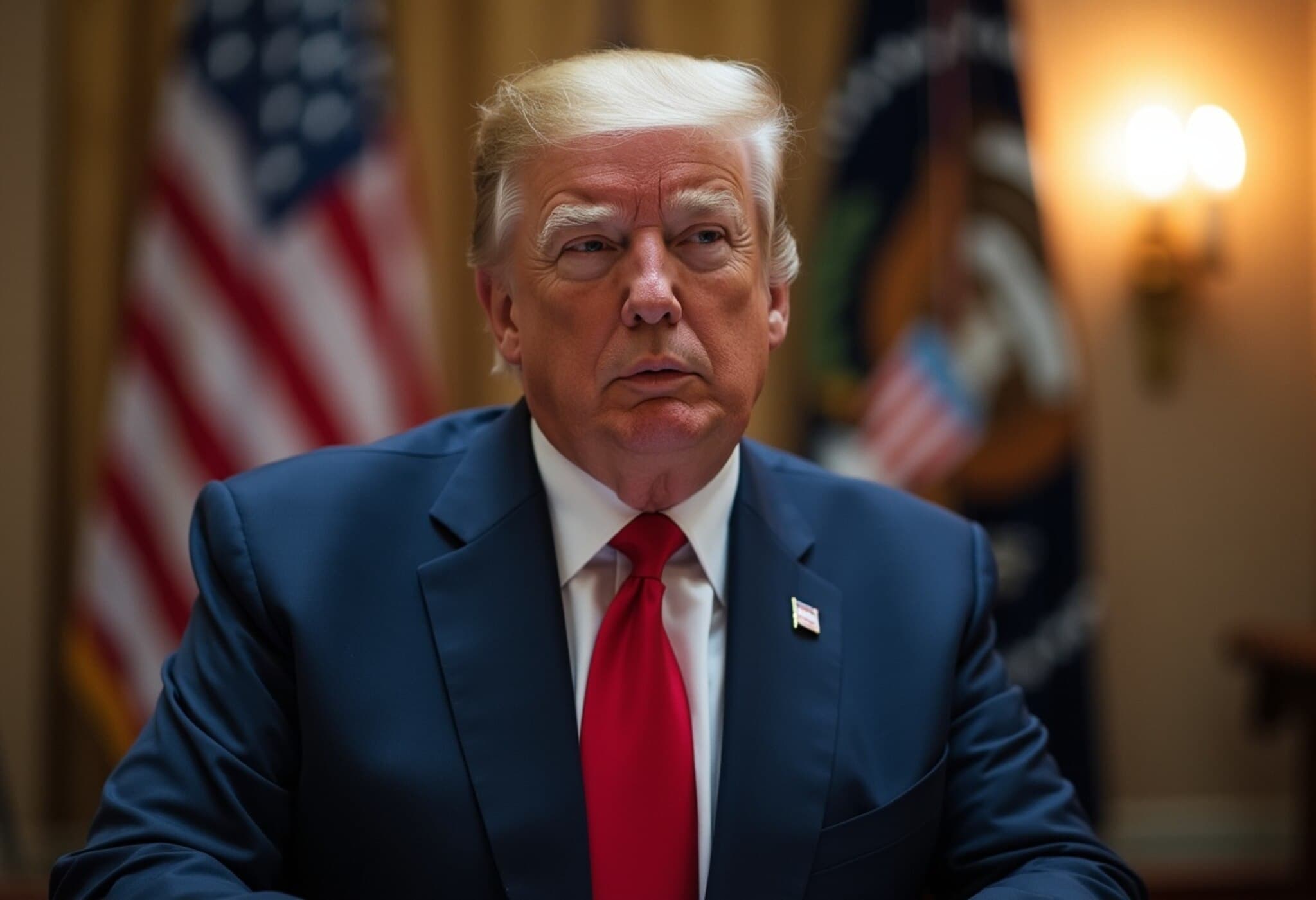Trump Administration Pulls US Out of UNESCO Citing 'Woke' Policies and Geopolitical Bias
In a significant move reflecting mounting tensions over cultural and geopolitical issues, the United States under President Donald Trump formally withdrew from the United Nations Educational, Scientific and Cultural Organization (UNESCO), citing concerns over the agency's adoption of what the administration described as "woke, divisive cultural and social causes." This decision, announced in July 2025, underscores Washington’s growing unease with UNESCO’s embrace of diversity, equity, and inclusion (DEI) initiatives, as well as perceived pro-Palestinian and pro-China biases within the agency.
Why the US Left UNESCO: A Closer Look at the Reasons
The withdrawal followed a comprehensive 90-day review initiated earlier in the year that specifically investigated allegations of anti-Semitism and anti-Israel sentiment within UNESCO, echoing longstanding American concerns about the organization’s stances. According to statements from a White House official quoted by the New York Post, the administration also objected to UNESCO’s recent policy directions, especially its robust DEI frameworks, which Trump’s team contended reflect ideological positions contrary to American values.
Moreover, officials highlighted China’s expanding influence over UNESCO operations, accusing Beijing of leveraging the platform to shape international standards favorable to its global agenda. This move fits into a broader geopolitical narrative of the US aiming to counterbalance China’s rising soft power and assertiveness within multi-lateral organizations.
Historical Context: Repeated US Withdrawals from UNESCO
The current withdrawal is not unprecedented. The US previously exited UNESCO in 1983 during Ronald Reagan’s presidency amid critiques that the agency had become overly politicized, antagonistic to free societies, free markets, and press freedoms, alongside concerns about unchecked budget expansions. The US rejoined in 2003 but has consistently expressed skepticism about UNESCO’s direction.
Contentious Cultural Initiatives Spark Controversy
Among the cultural causes cited were UNESCO’s 2023 "anti-racism toolkit" and its 2024 "Transforming MEN’talities" campaign. The toolkit encouraged global efforts to confront histories of racism and pursue equity-driven reforms, urging nations to compete in a "race to the top" in social justice leadership. Such initiatives, while aiming for progressive change, have fueled a backlash among critics who see them as ideological overreach and social engineering.
Expert Perspectives: What This Means for US Foreign Policy and International Cooperation
According to Dr. Emily Hayes, a senior analyst on international organizations based in Washington, D.C., "This withdrawal signals a broader trend of the US reevaluating its engagement with multilateral institutions where it perceives a misalignment with national interests or values. It raises challenging questions about the US’s willingness to lead on global cultural and scientific standards in an increasingly complex geopolitical environment."
Domestically, the move solidifies Trump's commitment to an "America First" doctrine prioritizing national sovereignty over international consensus-building. Yet, it risks alienating allies who view UNESCO as a vital platform for cultural preservation, education, and scientific collaboration.
Implications and Future Outlook
- Diplomatic Relations: The withdrawal could strain US relations with UNESCO member states advocating for the agency's progressive social agenda.
- Global Influence: China's growing role in UNESCO may accelerate without American counterbalance, shifting international norms.
- US Cultural Policy: The US may pursue alternative bilateral or multilateral cultural initiatives aligning more closely with domestic policy priorities.
Critical Questions Left Unanswered
The US exit invites reflection on several underreported yet vital questions: Does disengaging from UNESCO diminish America’s ability to influence global cultural and scientific policies? Can the US safeguard its interests without active participation in such forums? And how might this move affect the broader multilateral order amid rising nationalism?
Editor’s Note
The United States’ withdrawal from UNESCO exemplifies the complex interplay between national identity, geopolitics, and global cooperation in the 21st century. While aiming to protect domestic priorities, the move challenges the effectiveness of multinational engagement on cultural and scientific issues. Readers are encouraged to consider how countries balance sovereign interests with global responsibilities and what this means for the future of international collaboration.

